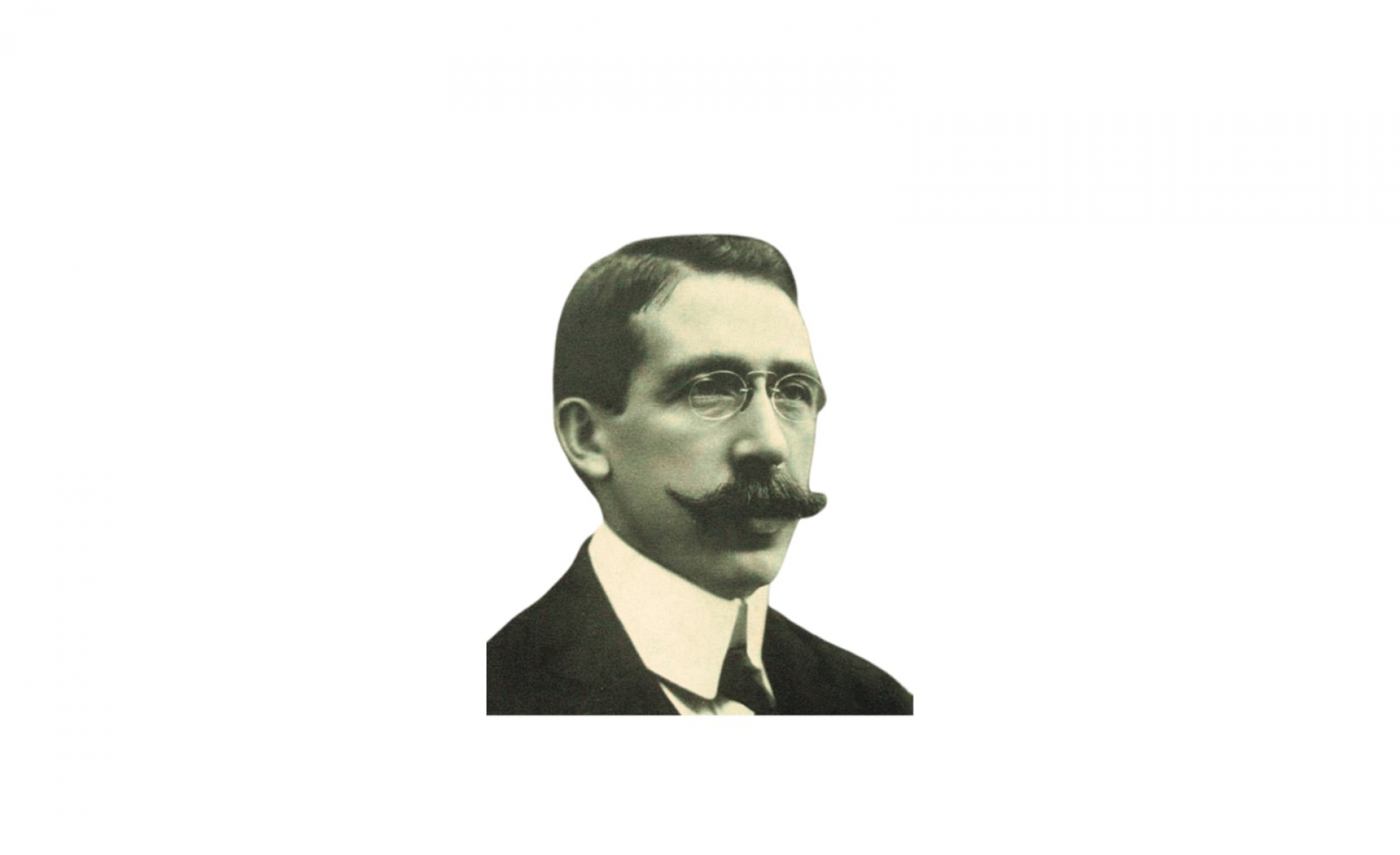Every November 9, Argentina commemorates the National Day of the Voluntary Blood Donor. This date not only highlights the importance of blood donation to save lives, but also pays tribute to one of the key figures of medicine in the country: Dr. Luis Agote, who pioneered a procedure that transformed blood transfusion into a safe process, revolutionizing modern medicine.
In 1914, Dr. Agote, an Argentine physician and researcher, succeeded in performing the first blood transfusion using an anticoagulant that prevented coagulation outside the body. This innovation, performed at the Rawson Hospital in Buenos Aires, allowed blood to be stored for long periods of time and administered safely to patients. Until that time, transfusions were extremely limited due to the risks of immediate coagulation; they had to be done directly from donor to recipient immediately, without the possibility of storing the blood. Any delay or interruption in blood flow caused clots that could obstruct circulation. It was the use of sodium citrate as an anticoagulant that was the key to Agote's success, marking a before and after in medicine worldwide.
The impact of its discovery quickly crossed borders, being adopted in Europe and the United States during World War I, saving thousands of lives on the battlefield. This scientific breakthrough also made possible the creation of blood banks and the use of the apheresis technique, which makes it possible to separate the different components of blood: platelets, blood cells and plasma. Today, more than a century later, blood transfusion is still an essential practice in medicine, used in operations, cancer treatment, emergencies and many other areas.
In Argentina, the National Voluntary Blood Donor Day has been celebrated since 2004 and is framed in Law No. 22,990, known as the National Blood Law, enacted in 1983. This law establishes the principles and regulations for the donation, collection, conservation, fractionation and application of human blood and its derivatives. It also promotes voluntary donation as an act of solidarity, prohibiting the commercialization of blood.
The National Voluntary Blood Donor Day is an occasion to recognize both the generosity of those who donate and the scientific legacy of figures such as Luis Agote. His contribution is a reminder of the value of scientific research and solidarity, especially in a country that has been a leader in transfusion medicine for more than a century.

